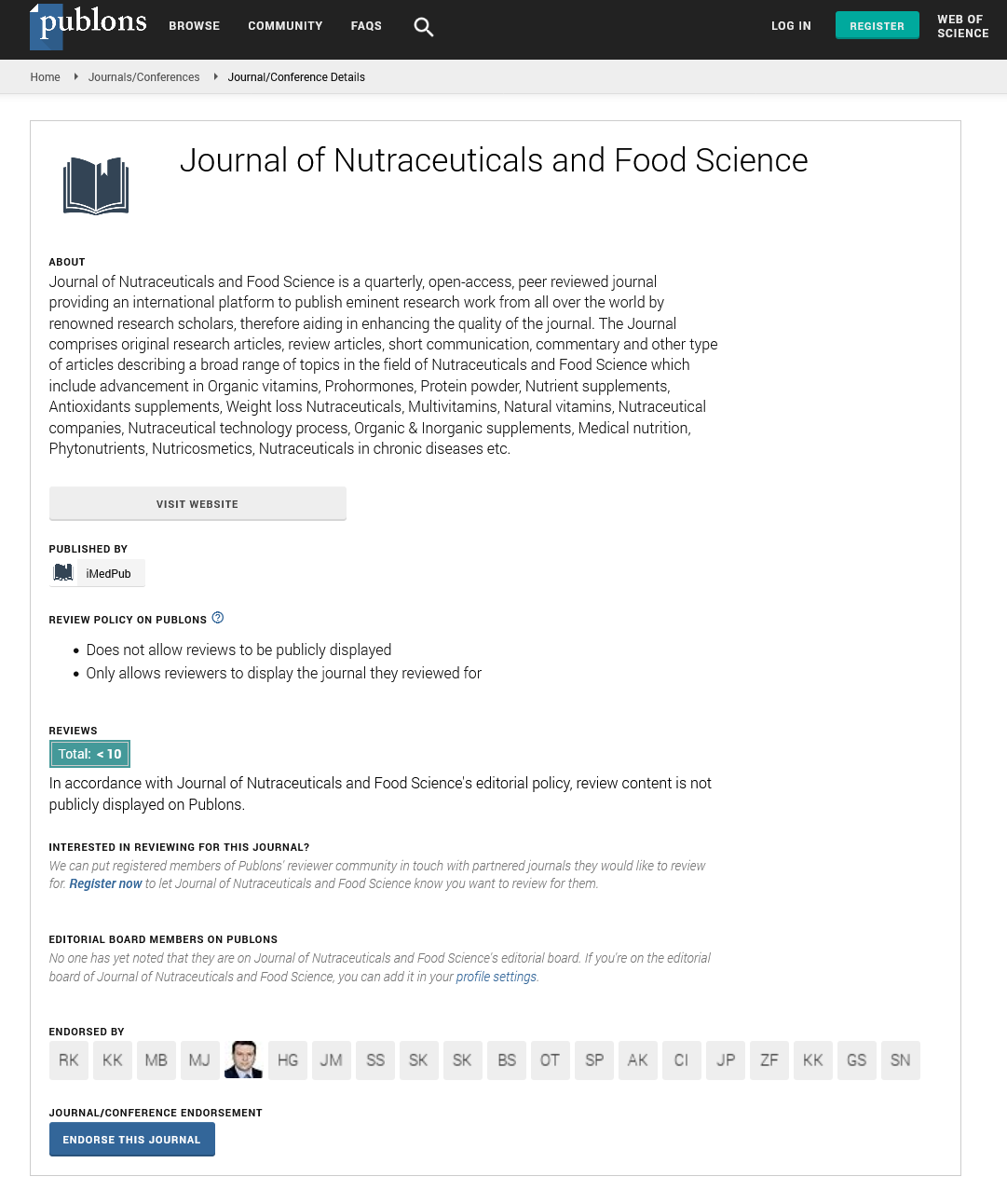Abstract
The organic nGMO soybeans as a raw material in soy milk innovation production
Statement of the Problem: Soybeans are an excellent source of functional ingredients, such as dietary fiber, high-quality protein and polyphenols, mainly isoflavones. The lipid components disadvantageous to the health of the consumer are not present in soybeans, such as cholesterol, or are severely limited, such as, for example, saturated fatty acids. Soy products can be a health-promoting alternative to food of animal origin. In soybeans, as well as in other seeds of legumes (beans, broad beans, peas), there are inhibitors of enzymes digesting proteins, the so-called trypsin and chymotrypsin inhibitors. These are compounds that hinder the use of proteins. Their unfavorable effect causes disturbances in the digestion of proteins. Due to the fact that they are proteinaceous, they are denatured under the influence of temperature, i.e. they are destroyed by e.g. cooking and earlier soaking. The purpose of this study was to develop a technology for obtaining "soy milk" with improved composition, obtained from two organic nGMO soybeans: expanded and sprouted. It was assumed that the use of certain technological treatments and raw material from organic production (nGMO soybean) will ensure the appropriate quality of the obtained products, including microbiological purity, sensory features and lowering the content of anti-nutritional substances, especially trypsin inhibitors. Methodology & Theoretical Orientation: The technology of obtaining soy milk from nGMO soybeans was developed, the quality of which has been confirmed in microbiological, sensory and anti-nutritional tests. Findings: the production technology used has brought the expected results and the final product (expanded nGMO soy milk) was characterized by very good quality features. Conclusion & Significance: Soy products are a very important component of a vegan and vegetarian diet. The ecological nature of the raw material and the need to replace animal protein sources in the standard diet are valid today. Improving the production technology and introducing raw material innovations, in this case organic nGMO soybean, are in line with the above statements.
Author(s): Ewa Zary Sikorska
Abstract | Full-Text | PDF
Share this

Google scholar citation report
Citations : 393
Journal of Nutraceuticals and Food Science received 393 citations as per google scholar report
Journal of Nutraceuticals and Food Science peer review process verified at publons
Abstracted/Indexed in
- Google Scholar
- Publons
- Secret Search Engine Labs
Open Access Journals
- Aquaculture & Veterinary Science
- Chemistry & Chemical Sciences
- Clinical Sciences
- Engineering
- General Science
- Genetics & Molecular Biology
- Health Care & Nursing
- Immunology & Microbiology
- Materials Science
- Mathematics & Physics
- Medical Sciences
- Neurology & Psychiatry
- Oncology & Cancer Science
- Pharmaceutical Sciences


